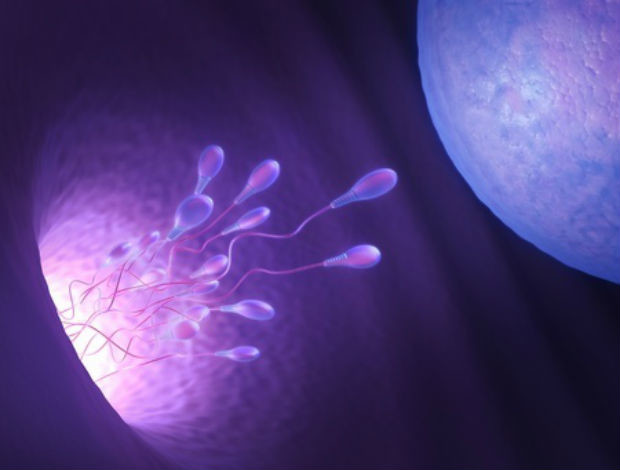Sperm mix-up gives 26 women wrong fathers for their babies
THE HAGUE, Netherlands — A Dutch medical institution announced an investigation Tuesday after discovering that up to 26 women may have been fertilized by the wrong sperm cells at its IVF treatment laboratory.
A “procedural error” between mid-April 2015 and mid-November 2016 during the in vitro fertilization was to blame, the University Medical Centre in Utrecht said in a statement.
READ: Woman can use dead husband’s sperm — French court | Size matters when it comes to sperm dominance
“During fertilization, sperm cells from one treatment couple may have ended up with the egg cells of 26 other couples,” it said.
“Therefore there’s a chance that the egg cells have been fertilized by sperm other than that of the intended father.”
Although the chance of that happening was small, the possibility “could not be excluded,” said the center.
Article continues after this advertisementHalf the women who underwent fertility treatment have become pregnant or already had their babies.
Article continues after this advertisement“For some of the 26 couples, frozen embryos are still available but the chance remains that they (too) have been fertilized by the sperm from a man other than the intended father,” the UMC said.
The couples have been informed.
“The UMC’s board regrets that the couples involved had to receive this news and will do everything within its powers to give clarity on the issue as soon as possible.”
In vitro fertilization involves a series of procedures used to treat fertility or genetic problems and assist with conception.
During IVF, mature eggs are collected (retrieved) from a woman’s ovaries and fertilized by sperm in a laboratory.
The fertilized egg (embryo) or eggs are then implanted in the uterus. One cycle of IVF takes about two weeks.
But mix-ups do occur, including one in 2012 when a Singapore mother sued a clinic for alleged negligence after it mixed up her husband’s sperm with that of a stranger.
In that case, the ethnic Chinese woman first suspected that something was amiss when her baby, who was born in 2010, had markedly different skin tone and hair color from her Caucasian husband, news reports at the time said. CBB
